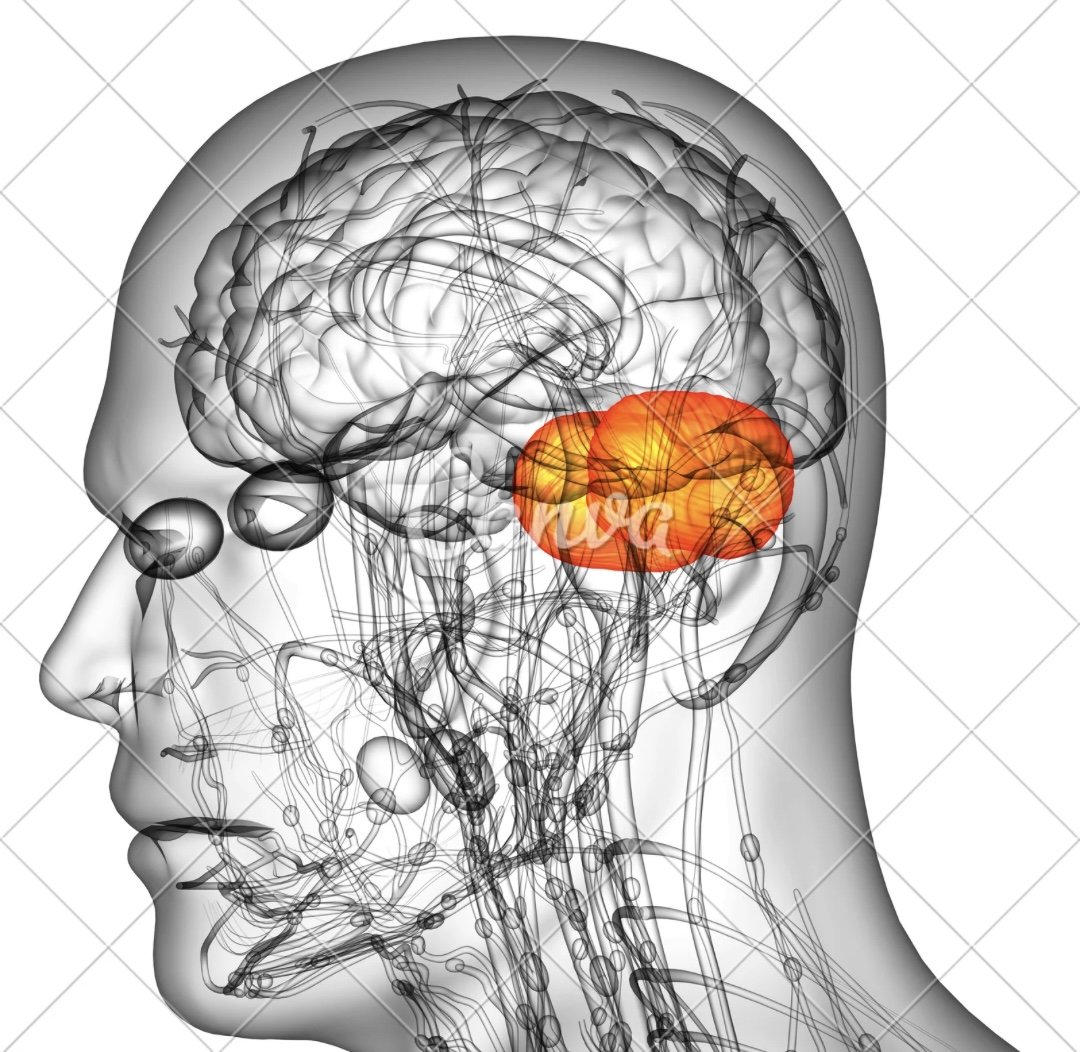The Amygdala: Feelings’ Command Center
I løve my amygdala- its is a big part of what makes me me. I believe (well- maybe not really) that most people from my homearea in Northern Norway were born with an inflated amygdala- and the same goes for my second and third homeplace in Morocco and Sicily.
Joke aside- the amygdala creates a lot of havoc and it really lives its on life- really hard to tame and control.
The amygdala is a small, almond-shaped cluster of nuclei deep within the brain. It plays a pivotal role in processing emotions, particularly fear and anxiety. The amygdala receives sensory information from various sources, rapidly evaluating the emotional significance of stimuli. When a potential threat is detected, it triggers the "fight or flight" response, releasing stress hormones like adrenaline. This physiological reaction prepares the body to respond to danger. Additionally, the amygdala is involved in forming and storing emotional memories, which can influence future behavior and decision-making.
The word "amygdala" comes from the Greek word "amygdalē," which means almond.
The amygdala can vary in size and activity from person to person. Individual differences in the amygdala can be influenced by genetics, early life experiences, and environmental factors.
If the amygdala is not functioning properly, it can lead to various emotional and behavioral issues. For example, an overactive amygdala may result in excessive fear or anxiety, while an underactive one could lead to difficulties in recognizing and responding to threats. Additionally, problems with the amygdala can impact social interactions and emotional regulation. It's important to note that the effects can vary depending on the specific nature of the dysfunction, and a neurologist or psychologist would be best equipped to diagnose and address such issues.
Luckely there is hope :-) The amygdala's response can be influenced and regulated through practices like mindfulness, meditation, and emotional regulation techniques. Training your mind to respond differently to stimuli can contribute to better emotional control. The first step is to know of its existence and understand its function.
Coaching, particularly in areas like stress management, emotional intelligence, and resilience, can contribute to improvements in amygdala function. Of course- more serious conditions need to be handled in therapy or medical treatment-which the couch will not provide. By providing strategies and tools to cope with stressors and emotions, coaching may positively impact the brain's response mechanisms.

